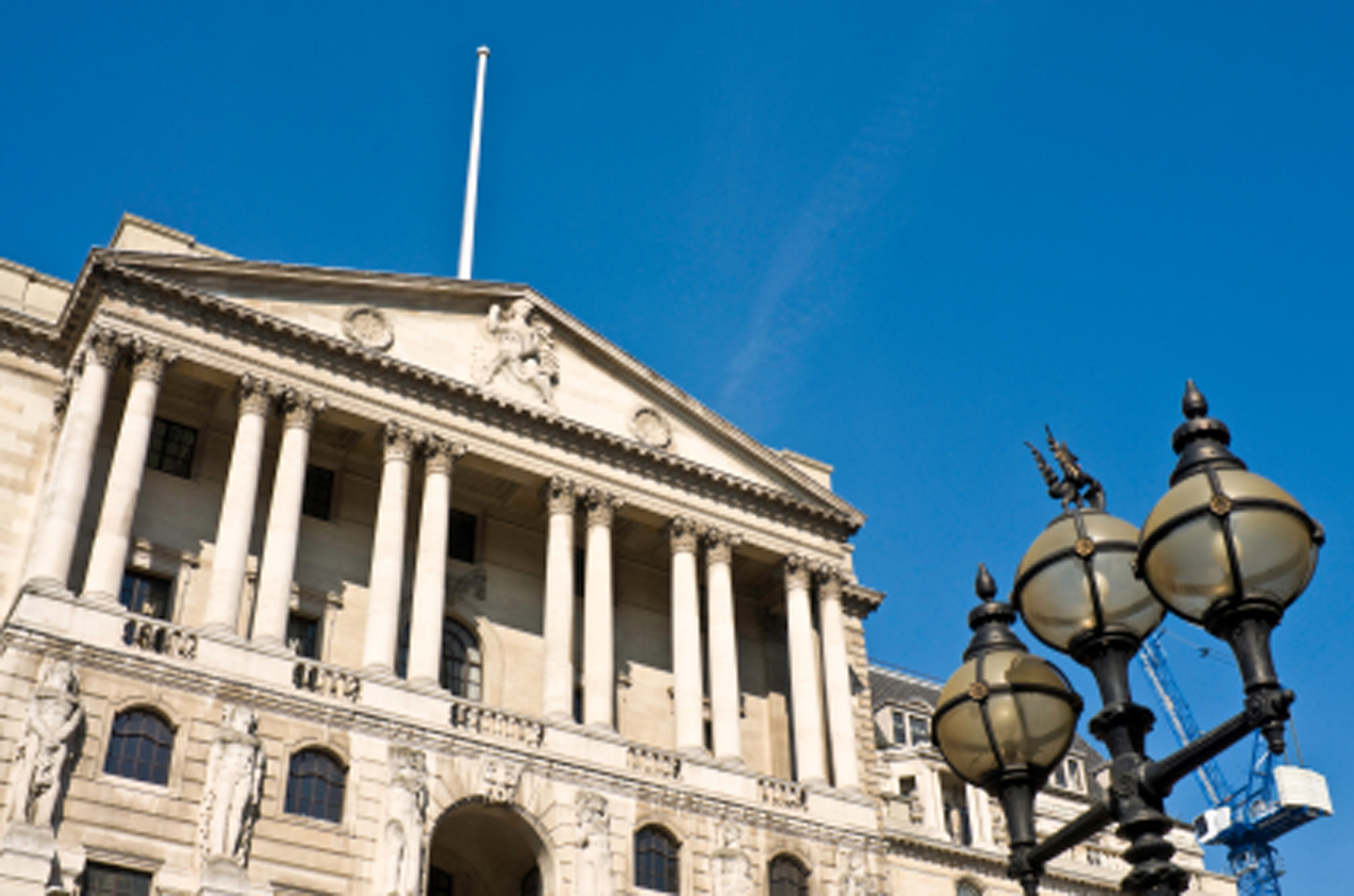First-time Buyer
Interest rate could rise earlier than predicted says BoE’s Forbes

UK interest rates could rise earlier than expected, according to Bank of England (BoE) rate setter Kristin Forbes, in her speech published yesterday.
The Monetary Policy Committee (MPC) member said she placed a “higher probability” on inflation dropping more in the next few quarters than in the November forecast, and subsequently picking up further in the medium term.
The MPC voted unanimously to hold the Bank Base Rate at 0.5 per cent earlier this month, in contrast to December’s vote which saw two members voting against the proposition, preferring to increase the Bank Rate to 0.75 per cent.
Forbes (pictured) outlined five key risks around MPC’s central forecast for the economy including: stronger global GDP growth; persistently lower oil prices; faster pass-through from sterling’s appreciation; smaller labour supply; and faster productivity growth.
In her speech, Forbes modelled the implications of these risks for the future using the November Inflation Report’s projections as a baseline.
She explained that strong global growth, and in particular stronger US economic growth, combined with a boost to global growth from oil prices would result in inflation exceeding the 2 per cent inflation target in 2017.
Forbes said: “Several of the scenarios would imply a faster rate of growth and higher rate of inflation in the medium-term than currently expected. These scenarios, if they occur, would imply an earlier increase in interest rates than currently expected, especially in order to ensure that any subsequent interest rate increases are slow and gradual.”
She added: “On the other hand, some of these risks – especially low oil prices and faster pass through – imply a substantially lower rate of inflation in the short-term, so that even when inflation does start to pick up, it would begin from a very low level and take some time before reaching the 2 per cent target.
“These two scenarios would imply that there is no urgency to start tightening monetary policy today – and that any subsequent increases in interest rates could be gradual, even given the lags until any such increases fully affect the economy.”